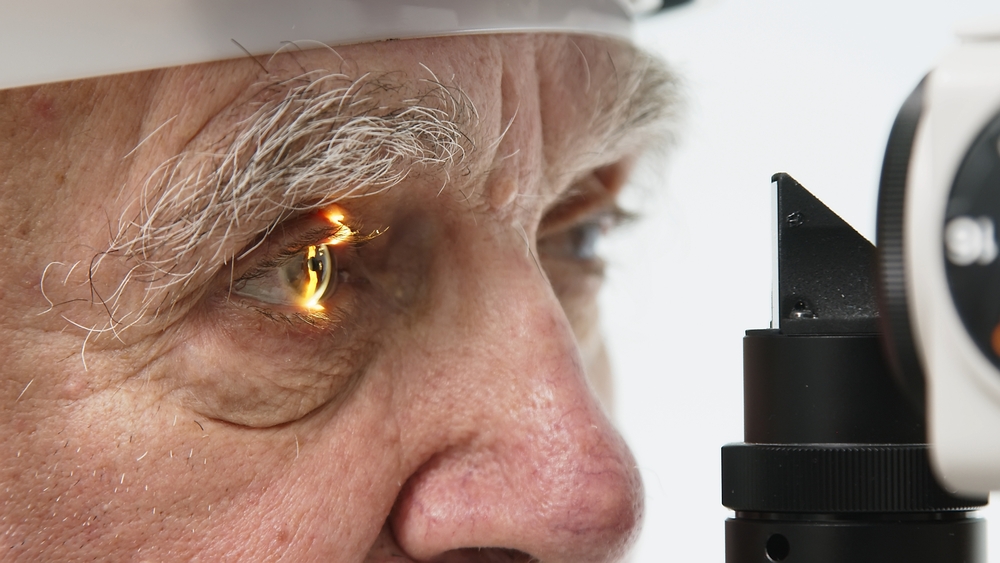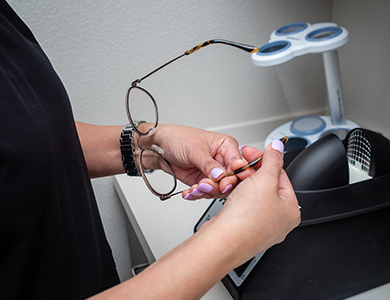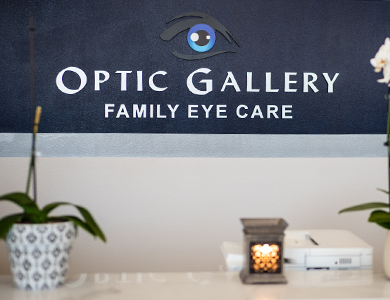
As someone living with diabetes, you already know the importance of maintaining healthy blood sugar levels to manage your condition. However, did you know that diabetes can also have a significant impact on your vision? Diabetes can lead to a range of eye-related complications, making regular diabetic eye exams a crucial part of your healthcare routine.
The Importance of Regular Diabetic Eye Exams for Early Detection
Regular diabetic eye exams are essential for the early detection and monitoring of diabetic eye conditions. These comprehensive examinations allow your optometrist to identify any changes or damage to your eyes, even before you experience any noticeable vision problems.
Early detection is crucial because many diabetic eye conditions, such as diabetic retinopathy, can progress without any obvious symptoms in the early stages. By catching these conditions early, your optometrist can recommend appropriate treatment or management strategies to prevent or slow down vision loss.
Additionally, regular diabetic eye exams enable your eye care professional to monitor the progression of any existing eye conditions and make necessary adjustments to your treatment plan. This proactive approach can help preserve your vision and maintain your quality of life.
Common Eye Conditions Associated with Diabetes
Diabetic Retinopathy: This is the most common eye condition associated with diabetes. It occurs when high blood sugar levels damage the small blood vessels in the retina, leading to vision loss and even blindness if left untreated.
Cataracts: Diabetes can cause the lens of the eye to become cloudy, leading to the development of cataracts. Cataracts can progress more rapidly in people with diabetes.
Glaucoma: Diabetes increases the risk of developing glaucoma, a condition characterized by increased pressure in the eye that can damage the optic nerve and lead to vision loss.
Macular Edema: Diabetes can cause fluid to leak into the macula, the part of the eye responsible for central vision. This can lead to blurred or distorted vision.
How Often Should You Get a Diabetic Eye Exam?
The American Diabetes Association and the American Academy of Ophthalmology recommend that individuals with diabetes have a comprehensive dilated eye exam at least once a year. This frequency is essential for the early detection and management of diabetic eye conditions.
However, your doctor may recommend more frequent exams depending on the following factors:
Duration of Diabetes: The longer you've had diabetes, the higher the risk of developing diabetic eye conditions. If you've had diabetes for a longer period, your eye care professional may suggest more frequent exams.
Existing Eye Conditions: If you have already been diagnosed with a diabetic eye condition, such as diabetic retinopathy or macular edema, your optometrist may recommend more frequent exams to monitor the progression of the condition and adjust your treatment plan accordingly.
Blood Sugar Control: Your overall blood sugar control can also influence the frequency of your diabetic eye exams. If your blood sugar levels have been consistently high, your doctor may recommend more frequent exams to closely monitor any changes in your eye health.
Other Health Conditions: Certain other health conditions, such as high blood pressure or kidney disease, can also increase the risk of developing diabetic eye conditions. In such cases, your eye care professional may suggest more frequent exams to ensure timely detection and management.
Prioritizing Regular Diabetic Eye Exams with Optic Gallery South Meadows
As someone living with diabetes, prioritizing your vision health is crucial. Regular diabetic eye exams are an essential part of your overall diabetes management plan, as they allow for the early detection and monitoring of any eye-related complications. The earlier any diabetic eye conditions are detected, the more effectively they can be managed or treated, reducing the risk of vision loss.
At Optic Gallery South Meadows, we are dedicated to providing comprehensive diabetic eye exams and personalized care for individuals living with diabetes. Visit our office in Reno, Nevada, or call (775) 451-3937 to schedule your appointment and take the first step towards safeguarding your vision and eye health.








